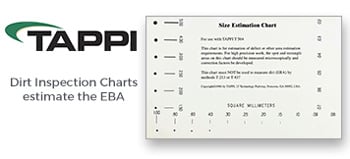Practical Considerations for Converting Boilers to Burn Natural Gas, 2012 TAPPI PEERS Conference

Please Note: This document will be available in PDF format in the "My Electronic Documents" link on the home page once your order has been completed. Please make sure you have the latest version of Acrobat Reader. Click on the Acrobat Reader icon to check for the latest version, it’s FREE. To print a hardcopy of a PDF file correctly you must have a postscript printer. If you are not sure if your printer is a postscript printer please refer to your owner’s manual.
Purchase of electronic (downloadable) documents made at www.tappi.org by credit cards, followed by instant download CANNOT be cancelled. We do not offer refunds on electronic download documents.
Pulp and paper mill engineers and operations managers will benefit from the practical guidance provided to assess their facility to use low cost natural gas in their boilers. Basic principles of burning natural gas are discussed along with impacts on the current equipment. The differences associated with converting major power boiler types -- package boilers and field-erected wall and t-fired units – are reviewed. Other boilers – biomass and coal stokers, recovery boilers, and fluidized bed boilers -- can utilize natural gas as an auxiliary fuel for startup or load carrying capacity. The paper includes options and limitations related to keeping your current fuel for use during emergencies or in the event of market changes. Standards for safety and controls are reviewed. Emission control methods associated with natural gas are also discussed. Meeting NOx permit limitations can be a significant factor in the cost of converting a boiler to burn natural gas. Any calculation of the return on investment and determination of the feasibility of converting to natural gas must incorporate NOx emissions and associated control technologies to be accurate.





